
Hong Kong, a 20-year journey
Latest
| TIN LIÊN QUAN | |
| PM meets Chairman of Hong Kong Trade Development Council | |
On July 1, 1997, the United Kingdom returned Hong Kong to China, bringing an end to more than a century and a half of colonial rule. The Sino-British Joint Declaration signed between Chinese Premier Zhao Ziyang and British Prime Minister Margaret Thatcher in 1984 stipulated that Hong Kong would have its own constitution and internal autonomy under the principle of “one country, two systems”, while China took responsibility for national defense and diplomacy.
Over the last 20 years, Hong Kong has encountered significant obstacles to both its existence and development. However, the “one country, two systems” model has been a resounding success. This unprecedented, creative socio-political concept has allowed Hong Kong to maintain a high level of independence while notching up great achievements in socio-economic development. It is the most prosperous part of China and also the most free.
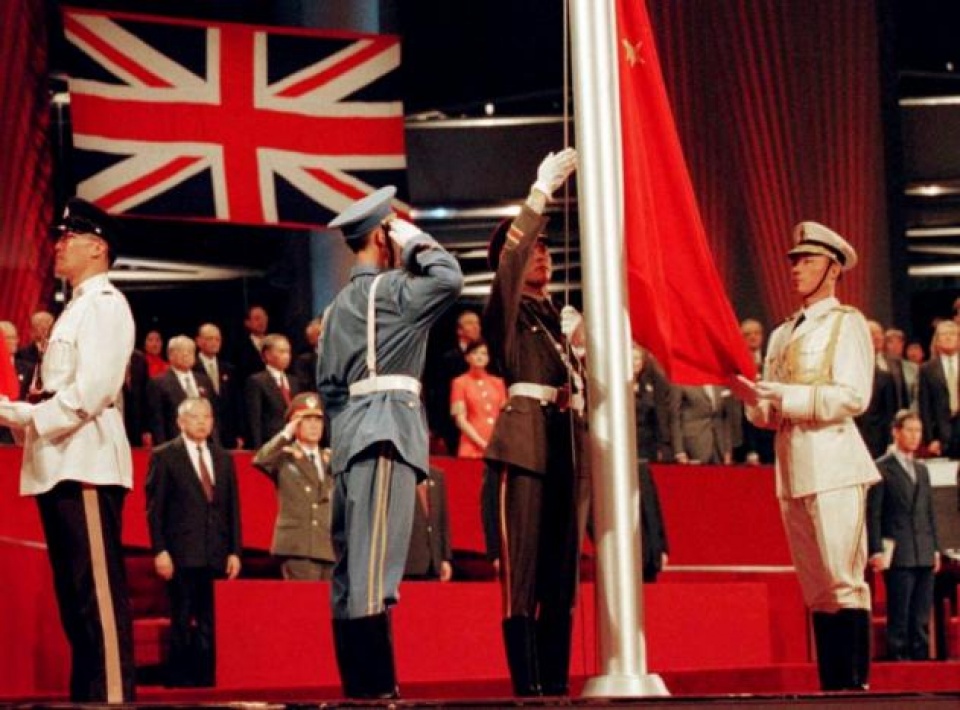 |
| On July 1, 1997, the United Kingdom returned Hong Kong to China. (Photo: Reuters) |
The rise of Hong Kong
After its separation from the United Kingdom, and despite a population of only 7.34 million people over an area of over 1,000 km2, Hong Kong was able to establish itself as one of the most open and competitive economies in the world. The region’s Gross Domestic Product was more than $330 billion, with per capita income of $43,700 by 2016, ranking 5th in the world. By March 2017, Hong Kong’s foreign exchange reserves had reached $120.2 billion, with total imports and exports hitting $1 trillion in 2016. Hong Kong also became a leading tourist destination, as well as a hotspot for shoppers – Every year, it welcomes around 60 million tourists.
During this period, Hong Kong has managed to overcome four major crises: the 1997 Asian Financial Crisis, the 2003 SARS Pandemic, the 2008 World Financial Crisis and the Occupy Central Movement (this campaign in particular resulted in 79 days of demonstrations in 2014).
Additionally, compared to its status pre-1997, Hong Kong’s administration has improved in many ways, especially political stability, effectiveness of governance, social security, the rule of law, corruption control and transparency. Its global ranking on the rule of law increased from 60 in 1996 to 11 in 2015. Hong Kong is also proud of achievements in healthcare, education, social policies and support for disadvantaged groups. Its people enjoy high levels of liberty and democracy: Hong Kong has topped the Human Freedom Index for the past several years.
As for the future, Hong Kong continues to enhance its strengths in the areas of financial services, tourism, commerce and logistics, while diversifying its economy by investing in technology, innovative industries, education, dispute resolution services and international arbitration.
Integration and globalization
Meanwhile, the relationship between Hong Kong and China has grown closer. Mainland China is the 2nd biggest source of foreign investment and the largest export market for Hong Kong. Hong Kong is the biggest investor, the 2nd largest trading partner of the Mainland and the largest international financial center by Mainland businesses. Hong Kong also plays a key role in the internationalization of the yuan and the opening-up of the Mainland's financial markets.
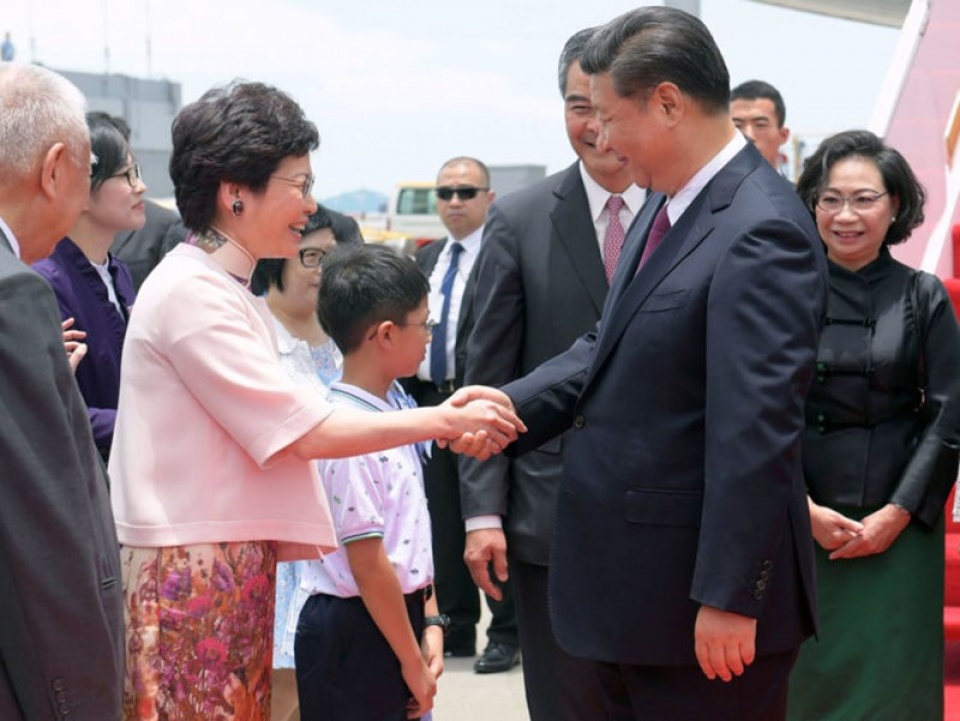 |
| Chinese President Xi Jinping visited Hong Kong on June 29 and met with Chief Executive of Hong Kong Carrie Lam. (Photo: Reuters) |
It’s worth noting that a lot of Hong Kong’s success is down to its favorable geographic position; a gateway that helps China easily conduct business with the rest of the world. Therefore, Hong Kong is consistently at the forefront of China's economic reforms. Nowadays, Hong Kong is considered crucial, a “super-semiconductor” for implementing China's “One Belt, One Road” strategy. In addition, Hong Kong, with its vast financial resources and experience in management, has played a major role in coordinating many cooperative projects with countries along the 21st century Silk Road, especially in Southeast Asia. Increasingly linked to the world's second largest economy, Hong Kong has a golden opportunity to consolidate its position as the leading financial center in Asia, while simultaneously continuing to improve the living standards of its citizens.
Furthermore, since its departure from colonial rule, Hong Kong has also strengthened its economic and investment ties with Vietnam. By the end of 2016, Hong Kong businesses have invested in more than 1,100 projects in Vietnam, with total accumulated capital of $17.6 billion. Vietnam is also the 8th largest trading partner of Hong Kong, with trade turnover of $16.3 billion.
The Southeast Asian country is an attractive tourist destination for Hong Kong people: In 2016, Hong Kong visitors to Vietnam reached over 100,000, twice as many as in 2015. There are 15 flights from Hong Kong to Ha Noi, Ho Chi Minh City, Da Nang and Nha Trang daily.
Reflecting on the history of Hong Kong and its people in the years before the handover from the United Kingdom, one can recognise the great significance of the socio-political success and prosperity of Hong Kong today. It’s safe to conclude that the celebrations marking 20 years since its return to China are a huge milestone in Hong Kong’s development, as well as the start of the region’s journey towards an even better future.
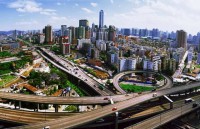 | Vietnam, key trade partner of China’s Guangzhou in ASEAN Vietnam is a leading trade partner of China’s Guangzhou city, Guangdong province, in ASEAN, said Luo Zheng, director of the Comprehensive Division of the Commission ... |
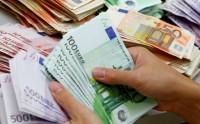 | Vietnam promotes financial services in China An event to promote Vietnam’s financial services was recently held in Nanning city in China’s southwestern province of Guangxi, gathering nearly 100 representatives from China, ... |
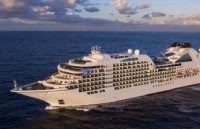 | Cruise route from Guangxi, China to Da Nang and Nha Trang cities to open As scheduled, from 29 August 2017, a luxury cruise route from Guangxi Province of China to Da Nang and Nha Trang cities of Viet Nam ... |
















